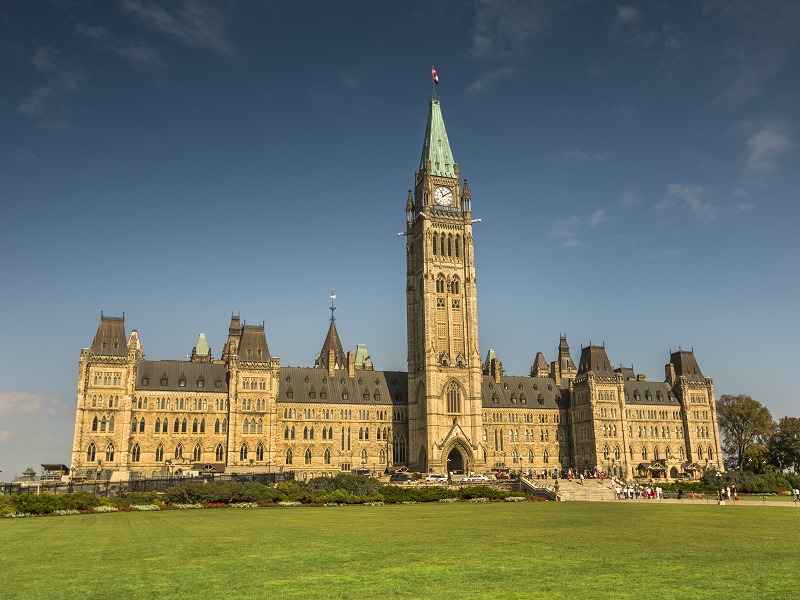
Tucked away in the federal budget are proposals that will lighten the load for defined contribution pension plan administrators confronted with historical under and over contributions.
“These errors are usually inadvertent system or software issues or new regulatory guidance or rulings that have retroactive effect,” says Mark Firman, a pensions and benefits lawyer with Stikeman Elliott LLP. “The budget proposals should make it easier for administrators to deal with these issues.”
Currently, the Income Tax Act doesn’t contemplate these issues or provide remedies to correct them. “As things stand, the cost of fixing these mistakes can often exceed the amount of the mistake itself,” says Andrea Boctor, the chair of Osler, Hoskin & Harcourt LLP’s pension and benefits group.
Read: CRA waiving 1% minimum employer contributions in DC pensions for 2020
Right now, the Act provides no relief when the under contribution is discovered in a subsequent year. The employer’s only option is to amend the plan to provide for catch-up contributions or make payments outside the plan. The difficulty is that the catch-up amount counts toward the maximum contribution limit for the year in which it’s actually made.
“In practice, then, employers are very limited in what they can correct,” says Firman. “And where the employer only discovers the under contribution after an employee’s termination, payment outside the plan is the only option.”
However, catch-ups for under contributions would be limited to the preceding five years, subject to a cap which is as yet unspecified. The catch-ups would reduce the registered retirement savings plan contribution room for the taxation year following the correction. “To the extent this results in negative RRSP room, it will affect the member’s contribution in future years,” says Firman. “In any case, this proposal works especially well for high earners.”
Read: 2020 Top 50 DC Plans Report: Member behaviour under microscope amid pandemic
The budget also proposed refunds for over contributions in the preceding five years, he says, noting the refunds would restore the contribution room for the taxation year in which the refund is made. “The process requires administrators to file a prescribed form with the Canada Revenue Agency, but that’s a lot easier than amending old T4 slips, which is the current requirement.”
The existing process for correcting over contributions also requires regulatory consent, but that consent doesn’t obviate the need to amend T4s, he adds. “Again, the proposal for over contributions is particularly helpful when administrators are dealing with former employees.”
Because the legislative changes necessary to effect these changes weren’t included in the budget, open questions still exist. “For example, it remains to be seen how simple or involved the prescribed form for over contribution reporting will be,” says Firman. “And we’d also want to ensure that the legislation doesn’t contain gaps in terms of the automatic effect on contribution ceilings.”
Read: Employers permitted to suspend DC pension contributions, says FSRA
The way in which the legislation deals with interest could also be meaningful, says Boctor. “In the case of under contributions, for example, tax-exempt interest should’ve been accruing on the proper amount.”
Finally, federal and provincial pension standards legislation could require amendment. In particular, the federal proposals don’t affect the current requirements for provincial regulatory consent in the case of over contributions, so changes to provincial legislation or policies may be necessary.
